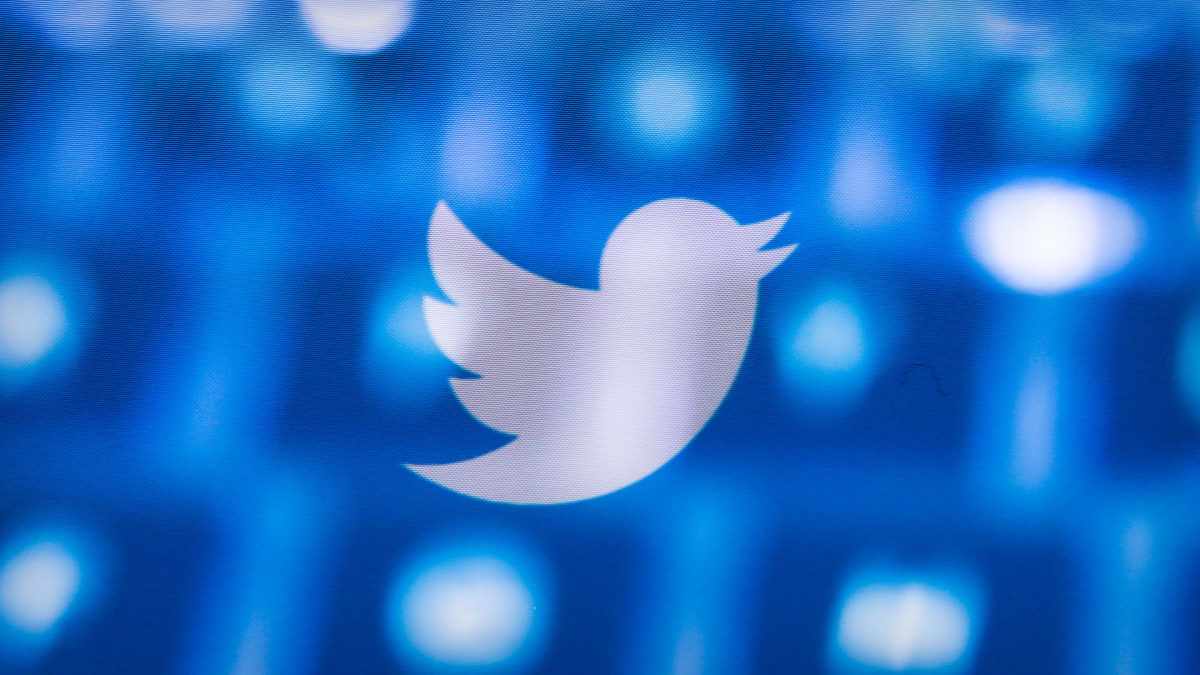
Last March, Elon Musk expressed his displeasure with the way Twitter policed what could and could not be said on the platform.
The billionaire thought that the social network went too far when it came to sanctions against users and controversial material.
Musk objected to safeguards against xenophobia, racism, antisemitism and disinformation. He appeared opposed to suspending the accounts of conservatives who, according to Twitter, have violated its policy.
For Musk, the platform had departed from its role and function as the town square of our time -- a place where all opinions, however offensive to others, could be expressed freely without filter.
He let the platform know.
"Given that Twitter serves as the de facto public town square, failing to adhere to free speech principles fundamentally undermines democracy. What should be done?" he wrote on March 26.
"Is a new platform needed?" he added.
Instead of building a new platform, the CEO of Tesla (TSLA) decided to acquire Twitter and make it a bastion of free speech, of which he calls himself an absolutist defender. On April 25 he made a $44 billion offer to buy Twitter.
In the Name of Free Speech
After six months of battle punctuated by twists and turns, Musk finalized the deal on Oct. 27. From the start, he took symbolic measures to keep his promise to bring back conservatives to the platform.
Musk reactivated most of the banned accounts, including that of former President Donald Trump, which was suspended after the events of Jan. 6, 2021 on Capitol Hill. Above all, Musk decreed an amnesty for all suspended accounts.
This laissez-faire approach has caused an exodus of advertisers, which are worried that the platform will become a hellscape. But if the departure of many advertisers has weakened the firm financially, Musk has not changed his policy. Twitter 2.0 got rid of a policy banning any tweet spreading covid-19-related misinformation.
Now, while Musk justified his approach as enabling free speech, a number of his critics saw their accounts temporarily suspended. The billionaire also regularly attacks progressives and their ideologies -- environmental-social-governance, gender identity and more -- and sometimes gives the impression that they are unwelcome on Twitter.
But many voices, including that of the billionaire Mark Cuban, have demanded that Musk clarify what he meant by free speech. That's because the second richest man in the world wants to be the only authority when it comes to defining what free speech is. And he does not apply to himself the same standard that he applies to others.
"And the final thought that suggests Twitter is the key to democracy, when you know it’s run by one guy who makes all the decision, again laughable. More like it’s the King telling everyone what the monthly tax is to speak up if you pay you can be heard. If not. Not," Cuban lambasted last December.
'Twitter Will Be Broadly Accepting of Different Values'
Musk, who owns almost 80% of Twitter, seems to have heard the criticism. The Techno King, as he's known at Tesla, has just announced that users can tweet whatever they want based on their values. Twitter will no longer be the police. Each user is their own constable.
"Going forward, Twitter will be broadly accepting of different values, rather than trying to impose its own specific values on the world," the billionaire announced on Feb. 7.
He didn't provide further details.
This announcement implies that the social network no longer has a content policy. Musk hinted at this approach several months ago, saying that any tweet would be acceptable so long as it didn't violate the law of the country in which it was posted.
The new approach to content -- no policing -- risks putting Twitter in trouble within the European Union.
In January 2022, the EU adopted the Digital Services Act, a law aimed at making the internet a "safer space for users." It wants what is prohibited offline to be prohibited online as well.
For violations, the law provides fines of as much as 6% of a platform's overall revenue.







